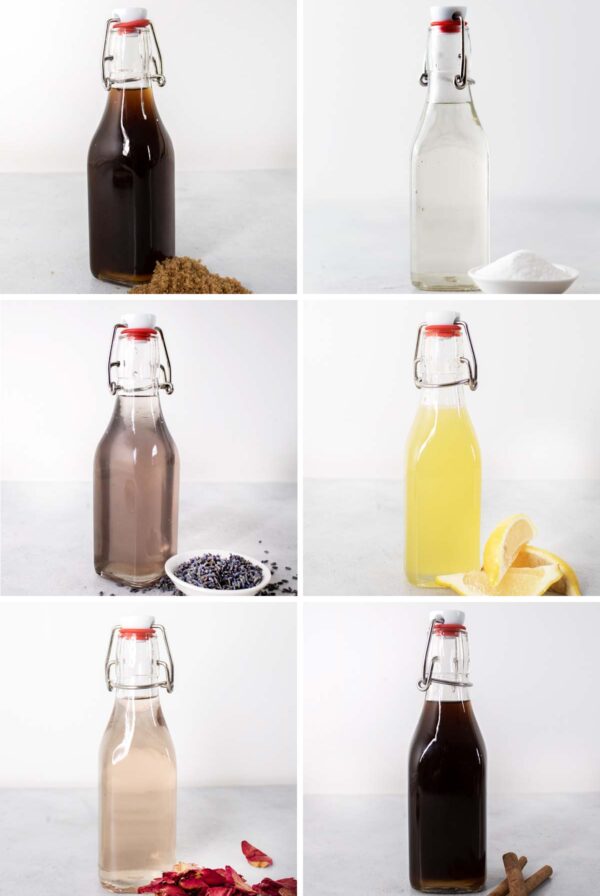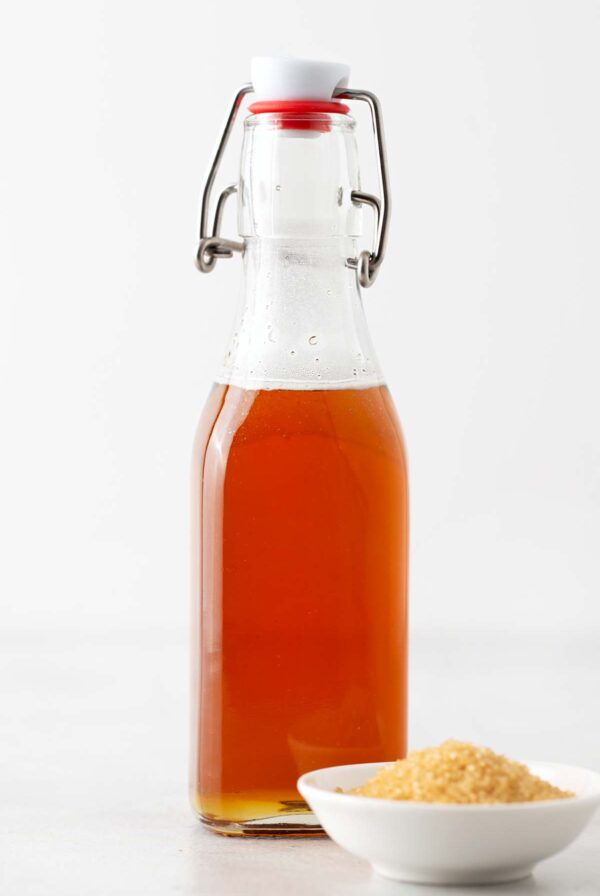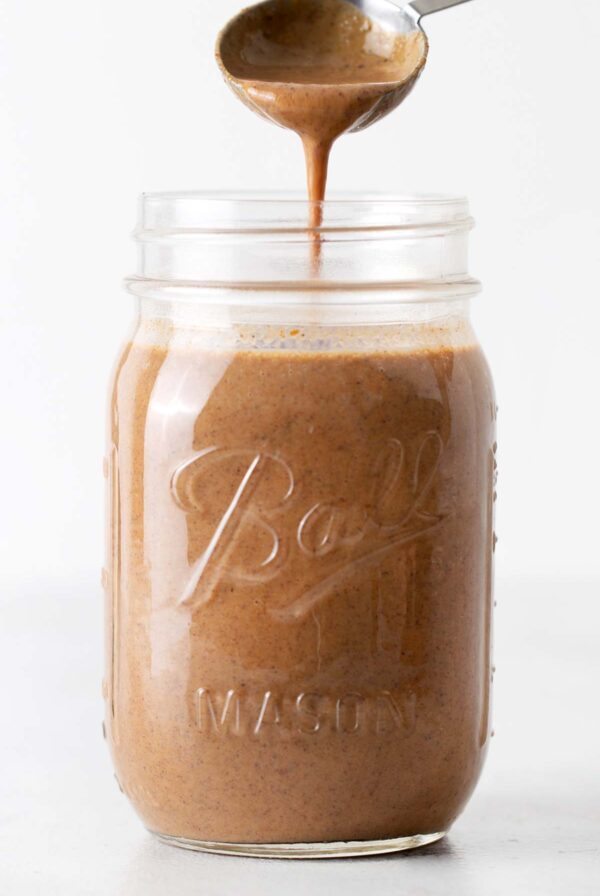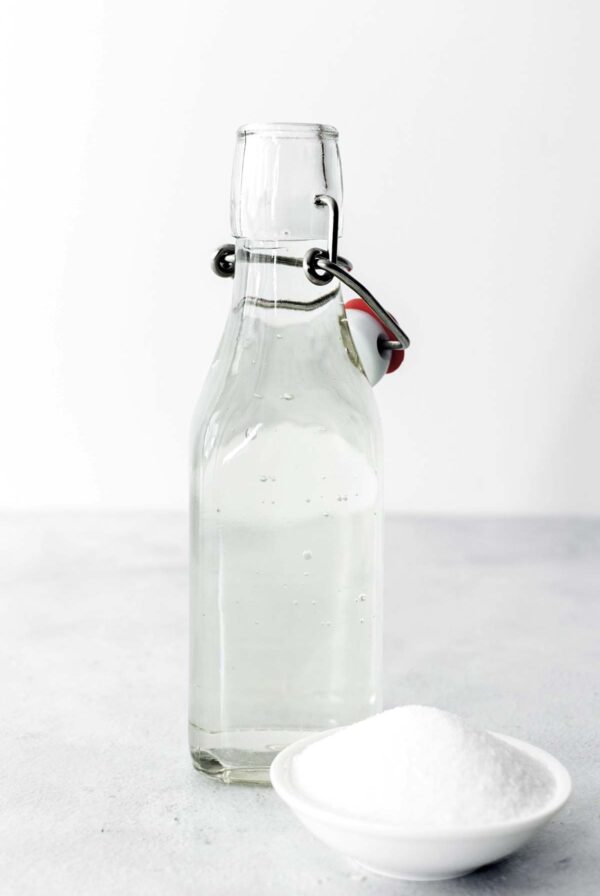Green Tea vs. Black Tea: What’s the Difference?
on Apr 04, 2024
This post may contain affiliate links. As an Amazon Associate, I earn from qualifying purchases.
Green tea and black tea both come from the same plant, but there are several key differences between them. Find out what makes each type of tea unique.

Green Tea vs. Black Tea
Green tea and black tea are both made from leaves of the plant Camellia sinensis, so they have a lot of similar qualities. Here is how to tell the difference between the two.
RELATED: Matcha vs. Green Tea: What’s the Difference?
Color
Green Tea: Green tea maintains the leaf’s original color because the tea leaves are barely oxidized (a process that naturally turns the leaves brown).
Black Tea: Black tea is left out to dry and oxidize longer than green tea leaves, giving it a black color that turns reddish and golden when brewed.
Flavor
Green Tea: Green tea has a milder flavor than black tea because green tea leaves are less oxidized and more delicate. There is a wide variety of green teas with flavors ranging from vegetal (some even taste like spinach) and grassy to sweet and nutty.
The taste is also dependent on preparation. Both green and black teas are served by steeping the leaves in hot water for a few minutes. However, if the water is too hot or the leaves are steeped for too long, it can make green tea taste bitter.
Black Tea: Black tea is usually stronger and more bitter than green tea. Like green tea, there are several types of black teas with flavors ranging from malty and full-bodied to delicate and sweet, or smoky and earthy. Most are bold, robust, and slightly astringent.
Like green tea, you make black tea by steeping the leaves in hot water. Try not to steep it for longer than 5 minutes because it will become even more bitter. Check the tea’s packaging for steeping instructions.
Caffeine Content
Both green and black tea contain caffeine.
Green Tea: Green tea contains about 28 mg of caffeine per 8-ounce cup.
Black Tea: Black tea contains a moderate amount of caffeine, about 47 mg per 8-ounce cup, which is about half the caffeine in a cup of coffee.
Health Benefits
Green Tea: Green tea is rich in antioxidants like polyphenols and catechins that reduce oxidative stress and protect healthy cells from damage. The tea also contains L-theanine, which has calming effects and gives you sustained energy.
Black Tea: Black tea also has relaxing L-theanine and cell-protecting antioxidants. It is higher in antioxidants called theaflavins, which are responsible for the unique taste and flavor of black tea. Black tea also contains nutrients like zinc, selenium, and iron, which are also needed for healthy immunity.
What Is Green Tea?
Green tea is a type of tea, like black tea and white tea, that’s made with leaves plucked from the Camellia sinensis plant.
Green tea maintains a green color because it is less processed and oxidized (the process where exposure to oxygen makes the leaves naturally turn brown) in comparison to black or oolong tea.
Green teas are mainly made in China and Japan. Japan started cultivating green tea from tea plants brought over from China thousands of years ago. It’s also produced in countries like South Korea, India, and New Zealand on a smaller scale.
Type of green tea:
Green tea recipes:
- Iced Green Tea
- Iced Green Tea Lemonade
- Strawberry Green Tea Lemonade
- Cold Brew Green Tea
- Jasmine Bubble Tea
What Is Black Tea?
Black tea is beloved around the world. It’s one of the most common teas that you can find anywhere.
Black tea leaves are left out to dry and oxidize longer than green tea, giving black tea its reddish, golden color when brewed, along with a stronger, more robust flavor. You can drink black tea with or without sugar and with or without milk.
Black tea is mainly produced where it originated in China. It is also primarily made in India and on a smaller scale in countries like Nepal, Sri Lanka, Vietnam, Kenya, and Nigeria.
Types of black tea:
Black tea recipes:
- Milk Tea
- Lavender Iced Tea
- Lemon Iced Tea
- Iced Milk Tea
- Iced Black Tea Lemonade
- Hong Kong Bubble Tea
Questions You May Have
It depends. Black tea has a lot more caffeine than green tea, so it can cause side effects if you drink large amounts of it. If you enjoy black tea with milk, it can also be considered less healthy because of the added fat. Both teas are rich in health benefits from cell-protecting antioxidants and L-theanine, which helps with relaxation and counteracts caffeine jitters.
Yes, there’s more caffeine in black tea. Black tea has about 47 mg of caffeine per cup (about half the caffeine in a cup of coffee), while green tea has 28 mg of caffeine per cup.
Yes, both green tea and black tea are made from leaves plucked from the Camellia sinensis plant.
Yes. Black teas are more robust and bitter, while green teas tend to be more mild. However, there are several varieties of both teas. Green tea flavors can range from vegetal and grassy to sweet and nutty. Black teas can taste anywhere from full-bodied and malty to smoky and earthy.











